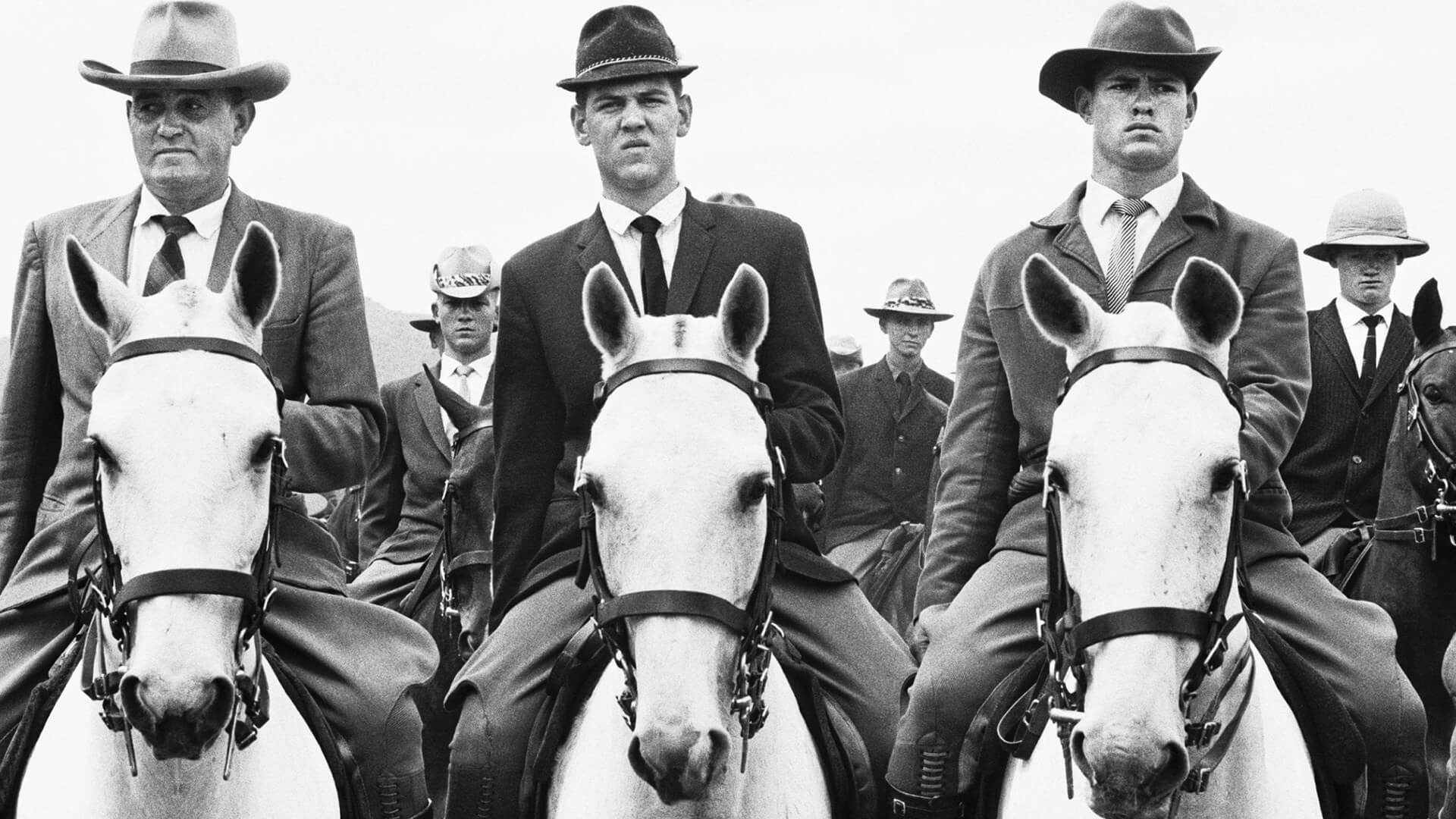About the episode
In this podcast Ciara McCombe speaks to Professor Saul Dubow about the National Party victory and the implementation of apartheid. Together they discuss why the National Party was electorally successful, and how the new South African government justified the introduction of apartheid against a global Human Rights consensus.
Podcast length: 64 min 03 sec
Use the Drop-down menu below to view the Questions posed by Ciara McCombe to Professor Saul Dubow in this episode.
Questions and Podcast Timings
00:00 Introduction
01:40 What exactly is apartheid and how did it differ from other segregated societies?
08:00 Why was apartheid the ticket that won the election in 1948?
30:49 What was the global response to such a racialized state?
47:05 How can these economic contradictions exist and how does it function in South Africa’s economics?
56:50 Why were Africans in South Africa a more potent force against apartheid in the 70’s and 80’s as opposed to the 50’s and 60’s?
”“The apartheid government, really from 1948, moved very very quickly and used the full power of the state, in order not just to extend and bolster segregation but also to introduce new mechanisms to reach this idea of apartheid.”
Saul Dubow
‘Some Afrikaners: Commando of the National Party’
The commando of National Party supporters escorting Dr Hendrik Verwoerd, Prime Minister and leader of the National Party, to the party’s 50th Anniversary celebrations, 31st October 1964. The middle horseman is Leon Wessels who later became Deputy Minister of Law and Order in the National Party Government. He was also the first senior member of that party to apologise for apartheid.
Photographer, David Goldblatt
Courtesy David Goldblatt Legacy Trust / Photography Legacy Project
© David Goldblatt Legacy Trust
Biography of Historians
Saul Dubow is a South African historian and academic, specialising in the history of South Africa in the nineteenth and twentieth centuries. Since 2016, he has been the Smuts Professor of Commonwealth History at the University of Cambridge and a Professorial Fellow of Magdalene College, Cambridge.
Further reading
- Saul Dubow, Scientific Racism in Modern South Africa (Cambridge University Press: 1995)
- Saul Dubow, Apartheid 1948-1994 (Oxford University Press: 2014)
- Trevor Huddleston, Naught For Your Comfort (Collins: 1956)
- Joseph Lelyveld, Move Your Shadow: South Africa, Black and White (Penguin: 1987)
- Ezekiel Mphahlele, Down Second Avenue: Growing Up in a South African Ghetto (Peter Smith Publishing: 1940)
- Deborah Posel, ‘The Apartheid Project, 1948-1970’, in Robert Ross, Anne Kelk Mager, and Bill Nasson eds., The Cambridge History of South Africa, Vol. 2 1885-1994 (Cambridge University Press: 2012)
- Lionel Rogosin, Come Back Africa (Milestone Films: 1959)
General further reading
- William Beinart, Twentieth-Century South Africa (Oxford University Press: 2001)
- William Beinart and Edward Teversham, ‘South Africa, 1948-1994: From Apartheid State to Rainbow Nation’ in Edexcel AS/A-Level History Textbook, Searching for Rights and Freedoms in the Twentieth-Century (Pearson Education: 2015)
- Steve Biko, I Write What I Like (Harper & Row: 1979)
- David Goldblattt, Fifty-one Years (ActarD inc: 2001)
- Connie Field, Have You Heard From Johannesburg (Clarity Films: 2010) Documentary Series
- Peter Hain, Sing the Beloved Country (Pluto Press: 1996)
- Nelson Mandela, Long Walk to Freedom (Black Bay Books: 1995)
- Thula Simpson, History of South Africa from 1902 to the Present (C. Hurst & Co: 2022)
- Leonard Thompson and Lynn Berat, A History of South Africa (Yale University Press: 2014)
- Nigel Worden, The Making of Modern South Africa: Conquest, Apartheid, Democracy (Wiley-Blackwell: 2011)



